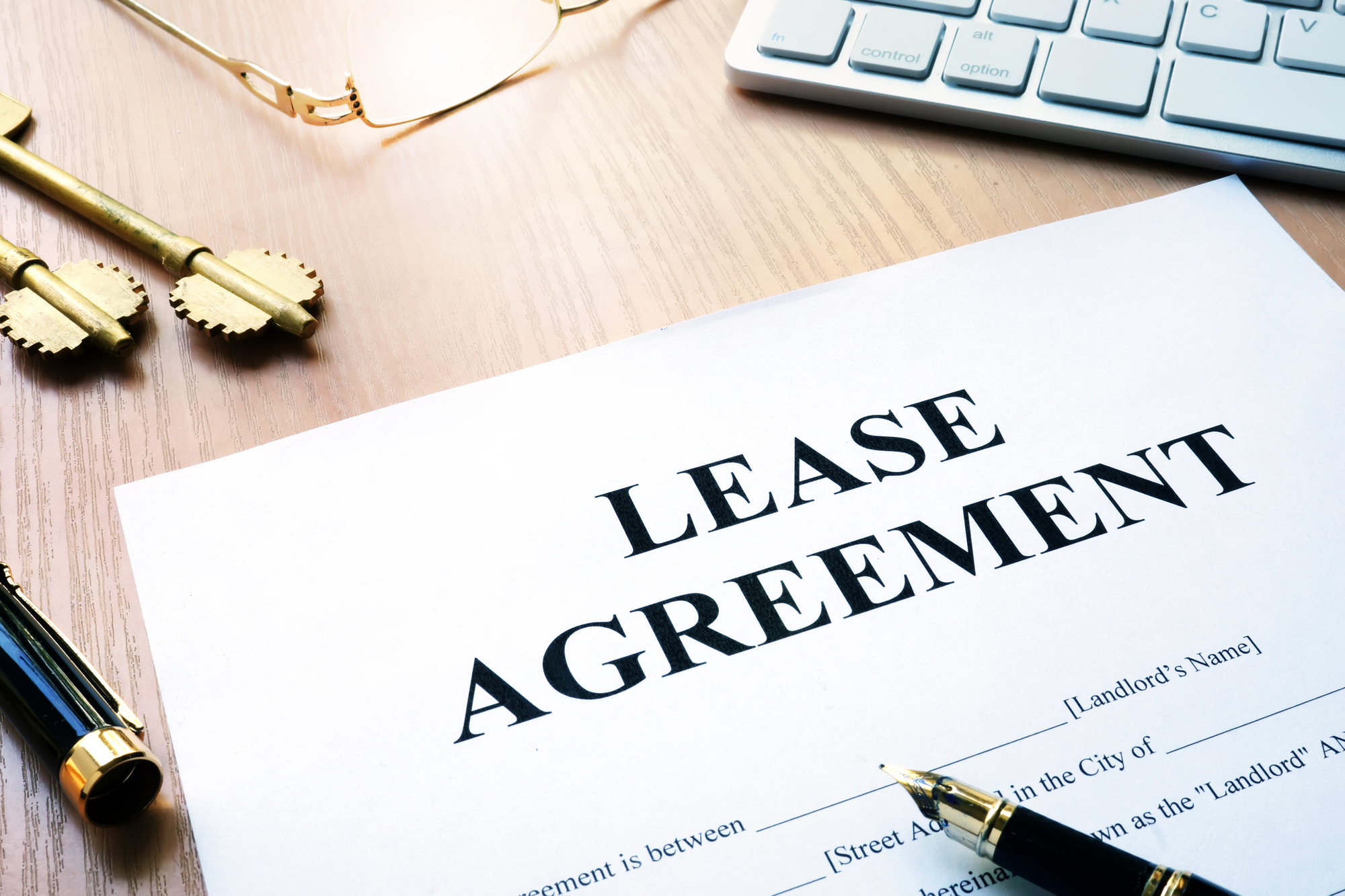Contents of this Post
ToggleNavigating the intricate world of lease agreements can be a perplexing task for tenants, often leaving them feeling overwhelmed and uncertain. Yet, deciphering your rights and responsibilities as a tenant is crucial for fostering a harmonious and respectful landlord-tenant relationship.
A lease agreement serves as a legally binding contract that outlines the terms and conditions of your tenancy in an owner or property manager’s building, encompassing aspects such as rental payments, due dates, maintenance obligations, and property usage regulations. The document is very important that breaches regularly result in lawsuits that landlords use to evict tenants.

What Are Your Tenant Rights
As a tenant, you’re bestowed with a set of fundamental rights that are safeguarded by law. These rights form the bedrock of a fair and equitable landlord-tenant relationship, ensuring that your well-being and enjoyment of the property are prioritized.
-
The Right To Habitable Living Conditions
Your landlord bears the legal responsibility to maintain the property in a safe and sanitary condition. This entails providing essential utilities such as heat, water, and functioning electrical outlets. Additionally, the property must be free from hazards such as pests, mold, and structural defects that could pose a threat to your health and safety.
-
The Right To Quiet Enjoyment
Your landlord can’t unreasonably disturb your peace or subject you to excessive noise. This means that they can’t engage in activities that create disruptive sounds, such as loud music or construction work, during unreasonable hours.
-
The Right To Privacy
Your landlord can’t enter your apartment without your consent, except in emergency situations or to make necessary repairs. This right safeguards your privacy and ensures that you’re not subjected to unwarranted intrusions.
-
The Right To Peaceable Assembly
You have the freedom to host guests in your apartment and organize gatherings, provided you respect the tranquility of your neighbors. This right allows you to enjoy your living space as a social hub and maintain meaningful connections with friends and family.
-
The Right To Be Protected From Discrimination
Your landlord can’t discriminate against you based on your race, color, religion, sex, national origin, sexual orientation, or disability. This right ensures that you’re treated fairly and equally, regardless of your personal characteristics.
What Are Your Tenant Responsibilities
While tenants enjoy a range of rights, they need to perform certain responsibilities to effectively foster a sense of mutual respect and cooperation between them and their landlords.
-
Prompt Rent Payments
Paying rent on time is paramount to your tenancy. Late payments could result in late fees or even eviction.
-
Property Care And Maintenance
You’re accountable for any damage you cause to the property, excluding normal wear and tear. This responsibility encourages tenants to treat the property with respect and take reasonable measures to maintain its condition.
-
Adherence To Lease Agreement Rules
This encompasses aspects such as refraining from disturbing neighbors, adhering to smoking restrictions, and complying with occupancy limits. Respecting these rules ensures a harmonious living environment for all residents.
Communication: Key To Stress-Free Tenant-Landlord Relations
Open and honest communication is the cornerstone of a positive landlord-tenant relationship. It fosters trust, transparency, and a willingness to address issues promptly and effectively.
When communicating with your landlord, maintain a respectful and professional tone. Clearly articulate your concerns or requests, and be open to their perspective.
Address issues as soon as they arise. Don’t let problems fester or escalate before bringing them to your landlord’s attention.
Lastly, maintain written records of all communication with your landlord, including emails, letters, and repair requests. This documentation serves as evidence in case of any disputes.
Navigating Lease Agreements: Practical Tips For Success
The following are tips that can help tenants properly navigate through lease agreements. Read on to learn more.
- Carry Out A Thorough Review Of The Whole Document: Before signing the lease agreement, meticulously review its entirety. Ensure you fully comprehend all terms and conditions, including any specific clauses or addendums.
- Seek Clarifications: Don’t hesitate to ask for clarification from your landlord or property manager if you have any doubts or questions regarding the lease agreement. It’s important to fully understand your obligations and limitations before signing the document.
- Safekeep Copies Of Written Documentation: Maintain copies of your lease agreement, any correspondence with your landlord, and any repair requests or receipts. Written documentation serves as valuable evidence in case of any disputes or disagreements.
- Be Familiar With Local Regulations: Familiarize yourself with local regulations and laws governing landlord-tenant relationships in your area. This knowledge can empower you to identify potential violations and protect your rights.
- Be Proactive: To minimize the risk of disputes, proactively address potential issues early on. For instance, if you notice a minor maintenance problem, inform your landlord promptly to prevent it from escalating into a more significant issue.
- Conduct A Thorough Property Inspection: Before signing the lease agreement, conduct a thorough inspection of the property to document any pre-existing damage or issues. This inspection can help prevent disputes over tenant-caused damage during the lease term.
- Establish Clear Communication Channels: Determine the preferred method of communication with your landlord, whether it’s email, phone calls, or in-person meetings. Establishing clear communication channels ensures that messages are received and addressed promptly.
- Understand Subletting Regulations: If you intend to sublet the property, carefully review the lease agreement and local regulations regarding subletting. Subletting without proper authorization could be considered a breach of contract.
- Seek Mediation Or Arbitration: If disputes arise that can’t be resolved through direct communication, consider mediation or arbitration services. These alternative dispute resolution methods can help reach amicable solutions without resorting to legal proceedings, which can be lengthy and expensive.
Conclusion
Navigating lease agreements and understanding your rights and responsibilities as a tenant can be empowering. By arming yourself with knowledge, you can confidently approach your journey as a tenant, all the while ensuring a positive and respectful relationship with your landlord.
